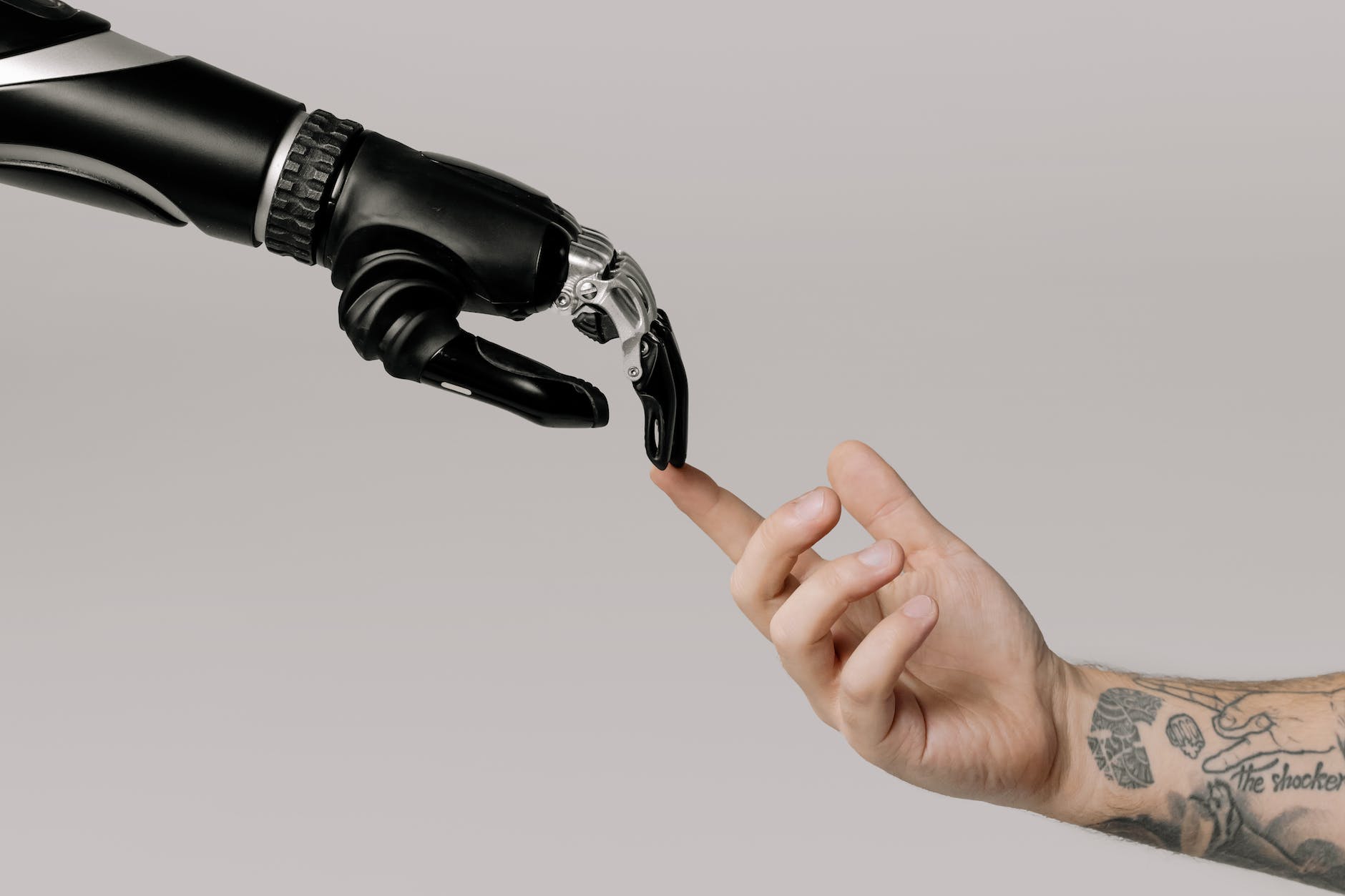Statement from Ray Kurzweil, Inventor, Best-Selling Author, and Futurist, on the Recent Call to Pause Work on AI More Powerful than GPT-4
By alexandreTech
Statement from Ray Kurzweil, Inventor, Best-Selling Author, and Futurist, on the Recent Call to Pause Work on AI More Powerful than GPT-4
Introduction
Artificial Intelligence (AI) is one of the most revolutionary technologies of the 21st century. Through AI, we have been able to achieve feats that were once considered impossible. However, some experts are calling for a pause on AI development, particularly on projects that are more powerful than GPT-4. In this article, Ray Kurzweil, an Inventor, Best-Selling Author, and Futurist, shares his thoughts on the recent call to pause work on AI more powerful than GPT-4.
The Advancements in AI Technology
With advancements in AI technology, it is becoming increasingly possible to develop machines that can process information faster, make decisions more accurately, and learn from their experiences. These advancements have the potential to revolutionize our lives by improving the way we work, communicate, and interact with each other. It is, therefore, necessary to continue exploring the possibilities of AI and to develop more powerful AI systems like GPT-4.
However, there is a growing concern about the implications of having machines that are more intelligent than human beings. Some experts are worried that such machines could pose a significant threat to humanity, especially if they fall into the wrong hands. They argue that we need to pause work on these kinds of AI systems until we fully understand their implications.
While the concerns raised by these experts are valid, it is crucial to consider the benefits of continuing to develop powerful AI systems like GPT-4. These systems have the potential to solve some of the most pressing problems facing humanity, such as climate change, disease control, and poverty reduction. Therefore, a blanket call to pause work on AI development is not only impractical but also counterproductive.
The Importance of Responsible Innovation
As we continue to develop more powerful AI systems, it is essential to do so in a responsible and ethical manner. Responsible innovation involves considering the potential risks and benefits of new technologies and taking steps to mitigate any negative consequences. It also involves engaging in open and transparent discussions about the implications of new technologies.
The development of powerful AI systems such as GPT-4 requires a multidisciplinary approach. We need experts from various fields, including computer science, engineering, ethics, and law, to work together to ensure that these systems are developed in a responsible and ethical manner. This approach will help us to identify potential risks and take steps to prevent them before they become a reality.
Another important aspect of responsible innovation is ensuring that the benefits of AI technology are shared equitably across society. We must avoid developing AI systems that only benefit a select few while leaving the majority behind. To achieve this, we need to invest in education, training, and infrastructure that will enable everyone to benefit from the advancements in AI technology.
The Role of Regulation
Regulation has an essential role to play in ensuring the responsible development and deployment of AI systems. Governments and regulatory bodies need to develop clear guidelines and standards for the development and use of AI technology. These guidelines should address issues such as transparency, accountability, and safety.
There is also a need for international cooperation on AI regulation to ensure that AI development is guided by common ethical principles and values. This cooperation will help us to avoid a situation where some countries are more lenient in their regulation of AI development, leading to a race to the bottom.
However, regulation alone cannot solve all the challenges posed by the development of powerful AI systems. We need to adopt a holistic approach that involves responsible innovation, education, and engagement with the public to ensure that AI technology is developed and used in a way that benefits humanity.
Conclusion
The recent call to pause work on AI more powerful than GPT-4 highlights the need for responsible innovation in the development and deployment of AI technology. As we continue to develop more powerful AI systems, we must do so in a responsible and ethical manner. We need to consider the potential risks and benefits of new technologies and take steps to mitigate any negative consequences. Regulation has an essential role to play in this process, but it cannot solve all the challenges posed by AI development. We need to adopt a holistic approach that involves responsible innovation, education, and engagement with the public to ensure that AI technology is developed and used in a way that benefits humanity.





